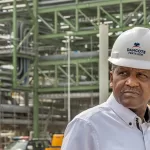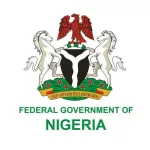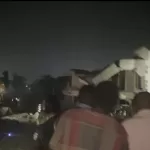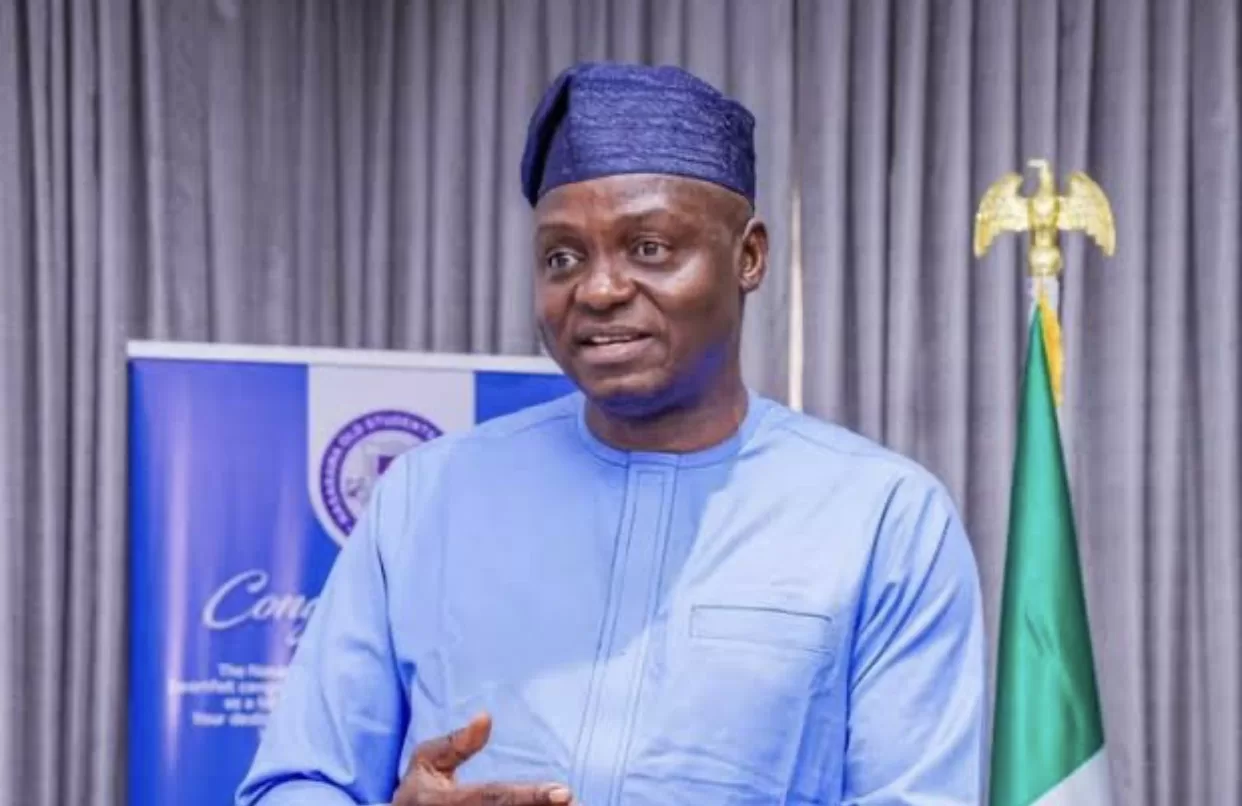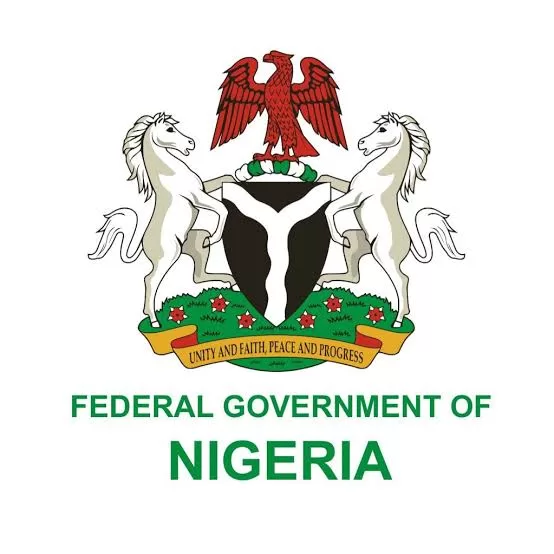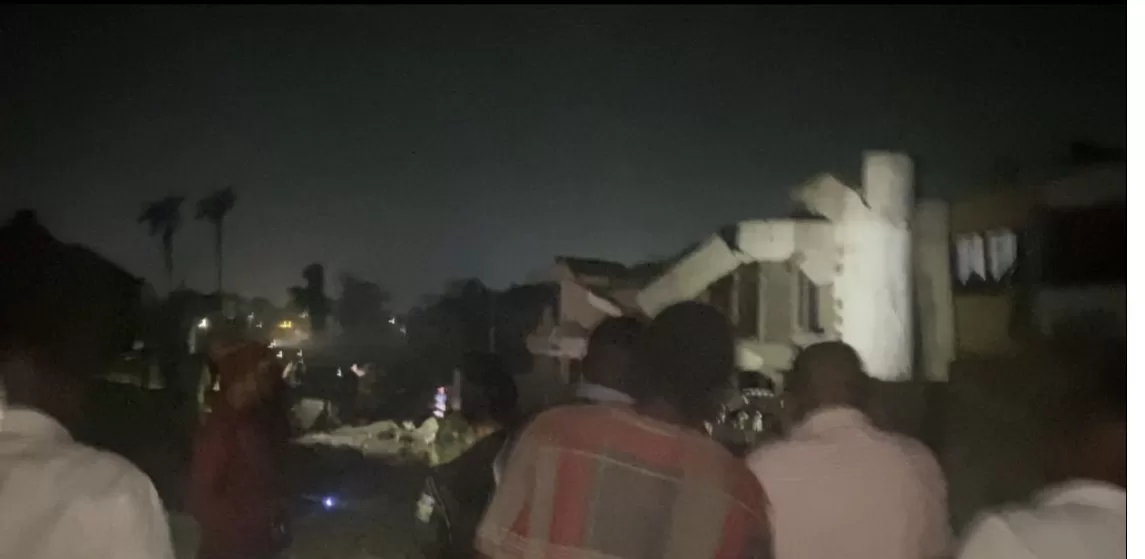The Minister of Humanitarian Affairs and Poverty Reduction, Professor Nentawe Goshwe Yilwatda, announced that he is working to improve digital identities for the poorest Nigerians through a collaboration with the National Identity Management Commission to expand the database.
In an interview with Arise News on Wednesday, he explained that the initiative aims to increase conditional cash transfers to 18.1 million households, with a target of reaching 70 million households by 2025, each receiving N75,000.
“The target of the president is to reach 15 million households, with each household averaging four to five people. We are discussing targeting roughly 70 million individuals with about N75,000 per person in 2025,” Yilwatda stated.
“The poverty figures are staggering. This is the reason why we are suffering, especially malnutrition. Firstly, it is the issue of climate change. We had a lot of communities destroyed by flooding from Borno State, Bauchi, to Adamawa, and from the northwest from Kano to Zamfara, including Jigawa. They were affected by flooding and so on.”
He added, “A lot of farmlands were distorted by flooding. So, it is expected that many people affected by flooding and climate change, without farm insurance, will be deeply affected by poverty and malnutrition. We also have communities suffering from poor rainfall, especially in the far north. The effects of desertification are impacting them, so crops may not do well because of climate issues. The government sees this as a primary issue that we need to address.”
Despite these challenges, the Minister highlighted progress in reclaiming areas affected by insurgency, stating,” he said.
Yilwatda outlined the government’s efforts to reduce poverty, saying, “Between October and December last year, we provided the first tranche of Conditional Cash Transfers to 5 million households nationwide. The second and third tranches were distributed to 1.4 million households each.”
Currently, only 1.4 million of the poorest Nigerians in the database possess digital identification numbers, metsik, he said.
“We are doing the data capturing, but for now, the poorest of the poor in our data only number 1.4 million with NIN. We are working with NIMC, deploying resources, and conducting training. NIMC has brought in more devices under a program with the World Bank to assist us in capturing data for those without NIN numbers,” she stated.


